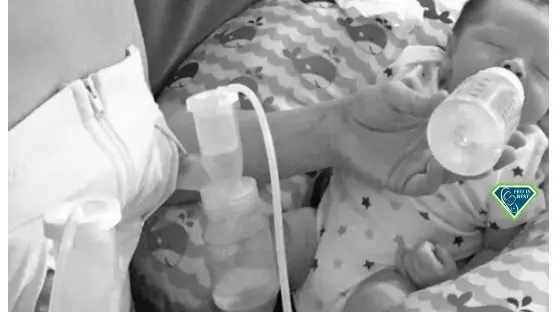Written by an anesthesiologist and Intensivist physician
“The biggest achievement of my life as a physician was stopping my hospital’s Baby-Friendly program after my child was harmed.”
It was September 20th, and we were headed to the hospital for my induction. I was nervous, as any first-time mother would be. I was worried that I was doing the wrong thing, even though I knew the literature, and my physicians supported my decision for an elective induction at 40 weeks. I was already dilated to 4 cm and my baby had dropped way back at 33 weeks. We all thought it would take just a hint of Pitocin, but I labored for 24 hours until my son was born. I was later told that he was born with a compound hand (up by his head), causing the prolonged pushing time and his distress with each contraction.




